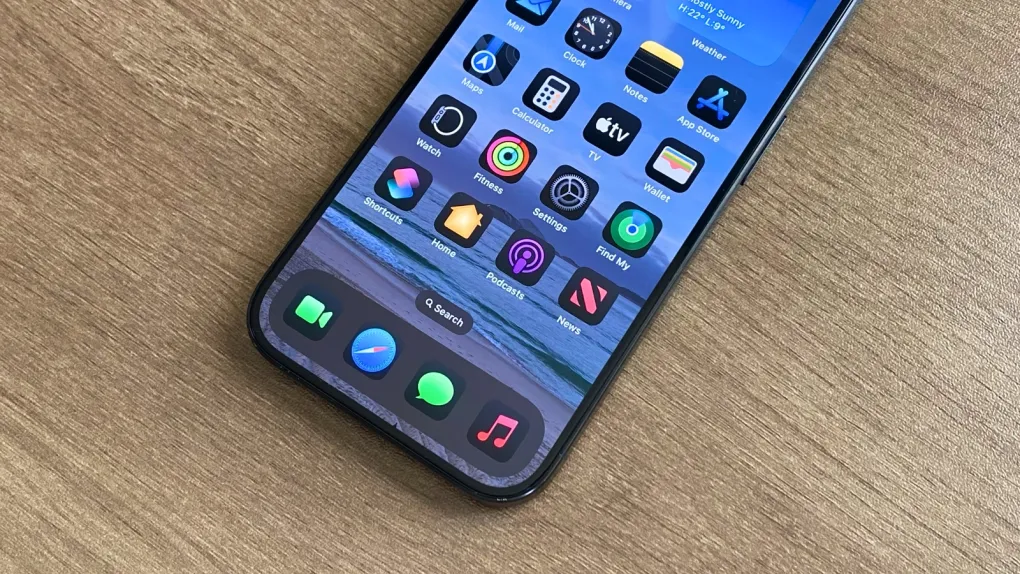

AncestryDNA vs 23andMe: What is the Best?
A Comprehensive Comparison of Leading DNA Testing Services
In the rapidly growing field of direct-to-consumer genetic testing, AncestryDNA and 23andMe stand out as the two most popular options. Both companies offer insights into your heritage, genetic traits, and health predispositions, but they differ significantly in the depth and breadth of information provided. This comparison will delve into the key features, pros, and cons of each service to help you decide which one suits your needs best.
Overview of AncestryDNA and 23andMe

AncestryDNA is a product of Ancestry.com, a company well-known for its extensive genealogical records. The service focuses primarily on helping users discover their family history and build detailed family trees. 23andMe, on the other hand, offers a more diverse set of insights, combining ancestry reports with health-related information, including genetic predispositions to certain diseases and traits.
Both services use saliva samples to analyze your DNA, and the results are delivered via an online platform. However, the focus and detail of the reports vary between the two.
AncestryDNA: A Deep Dive into Genealogy
AncestryDNA is tailored for those who are primarily interested in exploring their family history. The service is known for its extensive genealogical database, which allows users to connect with distant relatives and build comprehensive family trees.
Key Features of AncestryDNA:
- Ethnicity Estimate: AncestryDNA provides a detailed breakdown of your ethnic background, offering percentages for various regions around the world. The database is regularly updated, providing users with the most accurate ethnicity estimates available.
- Family Tree Integration: One of the standout features of AncestryDNA is its integration with Ancestry.com’s family tree builder. Users can link their DNA results to their family tree, helping to identify potential relatives and trace lineage back through generations.
- DNA Matches: AncestryDNA’s vast database increases the chances of finding DNA matches with other users, potentially leading to the discovery of distant relatives.
- Historical Records Access: AncestryDNA subscribers can access billions of historical records, such as census data, birth and death certificates, and marriage records. This feature is invaluable for anyone looking to build a detailed family history.
Pros:
- Extensive genealogical records.
- Strong family tree-building tools.
- Regular updates to ethnicity estimates.
Cons:
- Limited health information.
- Requires a subscription for full access to historical records.
Who Should Choose AncestryDNA?
AncestryDNA is ideal for individuals who are deeply interested in tracing their lineage and building a comprehensive family history. Its powerful tools for genealogy and access to historical records make it the top choice for genealogists and family historians.
23andMe: A Broader Look at Health and Ancestry
23andMe distinguishes itself by offering both ancestry and health reports, making it a more comprehensive service for those interested in learning about their genetic predispositions in addition to their heritage.
Key Features of 23andMe:
- Ancestry Reports: Like AncestryDNA, 23andMe provides a detailed breakdown of your ethnic background. However, it also offers a more detailed exploration of your maternal and paternal haplogroups, giving insights into ancient migration patterns.
- Health Reports: One of the main selling points of 23andMe is its health report, which includes information about your genetic predisposition to certain health conditions such as diabetes, Parkinson’s disease, and Alzheimer’s. It also covers carrier status for various genetic conditions, as well as wellness and trait reports.
- Trait Reports: 23andMe’s trait reports provide fun and interesting insights into how your genetics influence traits like eye color, hair texture, and even your preference for sweet or salty foods.
- Family Tree: While not as robust as AncestryDNA’s tree-building tools, 23andMe offers a simple family tree builder that helps you visualize your immediate family connections.
Pros:
- Comprehensive health reports.
- Detailed ancestry and haplogroup information.
- No subscription required for full access to reports.
Cons:
- Smaller genealogical database compared to AncestryDNA.
- Less focus on family tree building.
Who Should Choose 23andMe?
23andMe is the better choice for individuals who want a broader view of their genetic makeup, including health risks and traits. It’s particularly valuable for those interested in understanding their genetic predispositions to various health conditions, in addition to learning about their ancestry.
Comparing the User Experience
Both AncestryDNA and 23andMe offer intuitive online platforms where users can view their results. However, the user experience differs depending on what you’re looking for.
AncestryDNA focuses heavily on genealogy. Users can easily navigate through historical records and DNA matches to build a family tree. The platform’s design is geared towards helping users make sense of their ancestry and connect with relatives.
23andMe, by contrast, offers a more holistic user experience that includes health and ancestry information in a clean, easy-to-navigate interface. The reports are well-organized, making it easy for users to explore their genetic data without feeling overwhelmed.
Pricing Comparison
AncestryDNA offers its basic ancestry service at a lower price point, but additional costs are associated with accessing historical records and using certain family tree features. A subscription is required for full access to Ancestry.com’s genealogical resources.
23andMe offers two main packages: the Ancestry + Traits Service, which is comparable in price to AncestryDNA, and the Health + Ancestry Service, which is more expensive but includes the comprehensive health reports. The higher price point reflects the added value of the health information provided.
Privacy and Data Security
Privacy is a major concern for consumers considering genetic testing services. Both AncestryDNA and 23andMe have privacy policies in place to protect user data, but there are differences in how they handle data.
AncestryDNA states that it does not share your personal information with third parties without your explicit consent. Users have control over their data and can choose whether or not to participate in research studies.
23andMe also allows users to control their data, with options to opt-in or out of research. However, the company has been more proactive in participating in research partnerships, which has raised concerns for some users about data privacy.
Conclusion: Which DNA Testing Service is Right for You?
Choosing between AncestryDNA and 23andMe ultimately comes down to your personal interests and priorities. If you are passionate about tracing your family history and building a detailed family tree, AncestryDNA is the clear choice. Its vast genealogical database and robust family tree-building tools are unmatched.
However, if you’re looking for a more comprehensive analysis that includes both ancestry and health insights, 23andMe offers greater value. Its detailed health reports and trait analysis provide a broader understanding of your genetic makeup, making it ideal for those interested in both their heritage and their health.
For more information and to compare these services directly, you can visit their official websites:
As the field of genetic testing continues to evolve, both AncestryDNA and 23andMe will likely expand their offerings, making the decision between the two even more nuanced in the future. For now, understanding your specific needs and interests will guide you in choosing the service that best fits your genetic exploration journey.
For More Visit TechTaker – Technology










1 comment